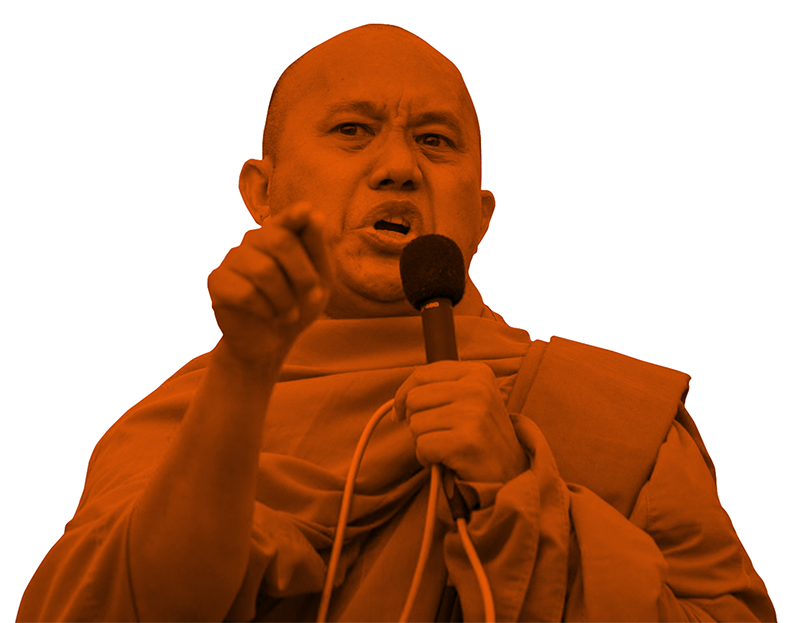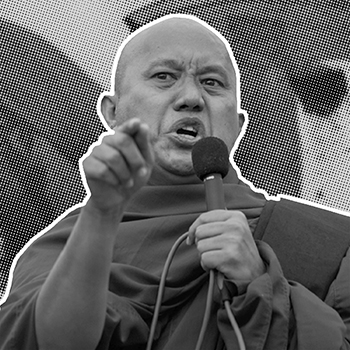THE PROBLEM
Hate speech is often part of persecution campaigns. However, some jurisprudence only recognizes it as a crime against humanity (CAH) if it includes a call for action.
If prosecutors charge hate speech as CAH-persecution, given the offense’s elements, it necessarily means that the speaker is uttering the hate speech knowing that it is part of a widespread or systematic attack against civilians.
As we have seen, there is a split between the International Criminal Tribunal for the former Yugoslavia (ICTY) and the International Criminal Tribunal for Rwanda (ICTR) on the issue of whether hate speech on its own can satisfy the conduct requirement for CAH-persecution. This has created confusion in the law and the potential for an impunity gap. This section explains how the split should be resolved so as to satisfy the law’s objectives.
THE SOLUTION
Courts must make it clear that such speech can be charged as a crime against humanity.
That way, the dehumanizing/atrocity-feuling rhetoric of hatemongers such as extremist Buddhist monk Ashin Wirathu, even if not directly calling for action, can be properly punished, allowing for justice and creating a deterrent effect.






